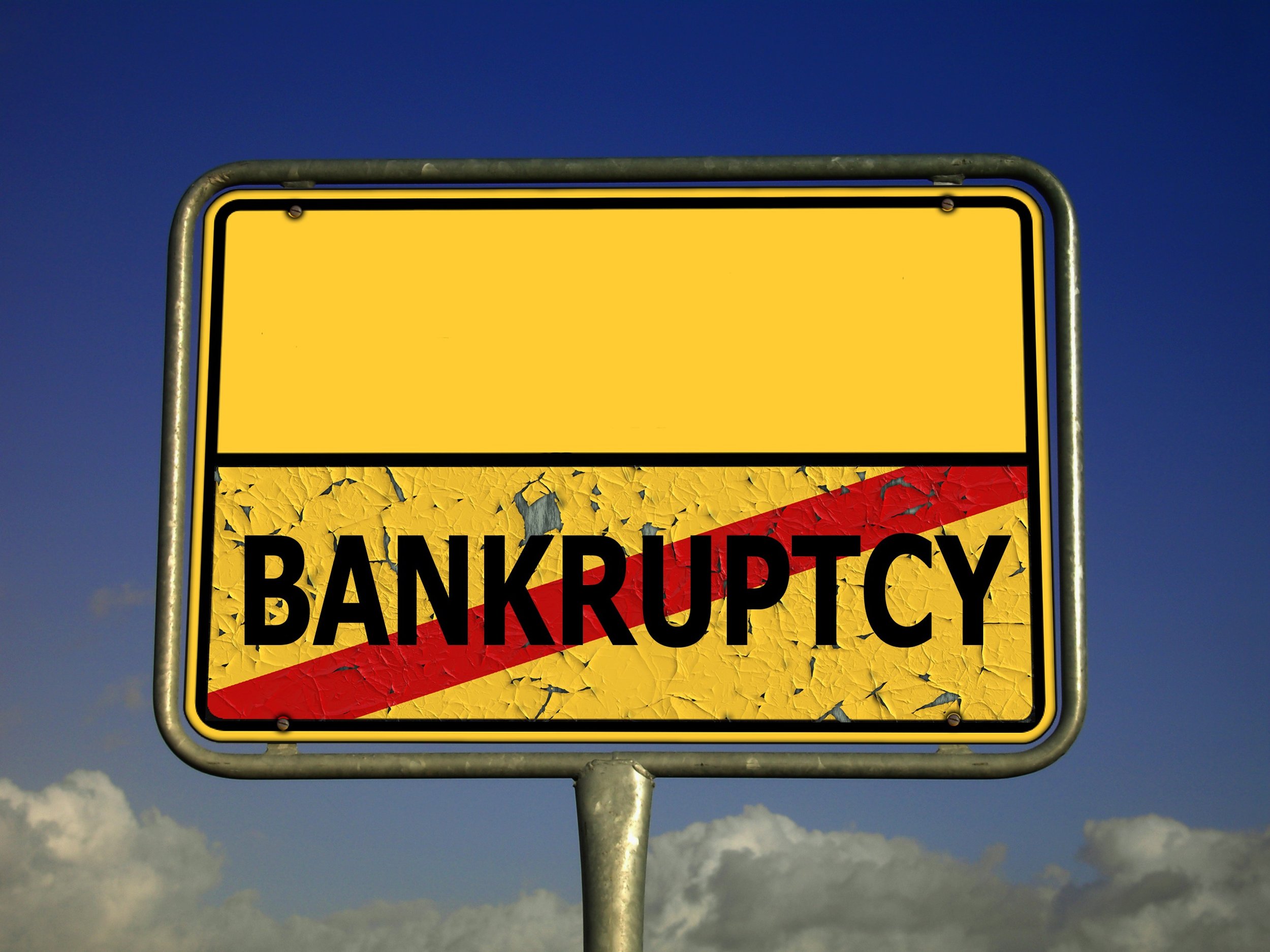This post is for informational purposes only and does not constitute legal advice. It is important to note that every individual and business's situation is unique, and it is always best to consult with a licensed and qualified professional for specific legal advice. This post should not be relied upon as a substitute for professional legal advice.
In the United States, there are several types of corporate bankruptcy businesses can file for to restructure their debts or liquidate their assets. Here are the main types:
Chapter 7 Bankruptcy: This type of bankruptcy is also known as "liquidation bankruptcy," as it involves the sale of a company's assets to pay off its debts. The company's assets are liquidated, and the proceeds are used to pay off its creditors. Any remaining debts are then discharged. Chapter 7 bankruptcy is typically used by small businesses that do not have the resources to restructure their debts.
Chapter 11 Bankruptcy: This type of bankruptcy is often referred to as "reorganization bankruptcy," as it allows a company to restructure its debts and continue operating. Under Chapter 11 bankruptcy, the company creates a plan to repay its creditors over time. This plan must be approved by the court and the company's creditors. Chapter 11 bankruptcy is often used by larger businesses that can restructure their debts and continue operations.
Chapter 12 Bankruptcy: This type of bankruptcy is similar to Chapter 11 bankruptcy, but it is specifically designed for family farmers and fishermen. It allows these individuals to restructure their debts and continue operating their businesses.
Chapter 13 Bankruptcy: This type of bankruptcy is also known as "wage earner bankruptcy," as it is typically used by individuals who have a regular income but cannot pay their debts. Under Chapter 13 bankruptcy, the individual creates a repayment plan to pay off their debts over three to five years.
It's important to note that bankruptcy should be a last resort for businesses and individuals, as it can have serious consequences, including the loss of assets and damage to credit scores. However, for some companies and individuals, bankruptcy may be the only option for dealing with overwhelming debts.
Keywords: corporate bankruptcy, bankruptcy types, Chapter 7, Chapter 11, Chapter 12, Chapter 13, liquidation bankruptcy, reorganization bankruptcy, family farmers, fishermen, wage earner bankruptcy

